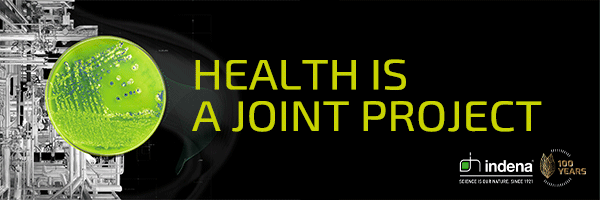Pharmaceuticals
UK enters race for organ-on-a-chip technology 15th May 2018
The Medicines Discovery Catapult, the Centre for Drug Safety Sciences at the University of Liverpool and the National Centre for the Replacement Refinement & Reduction of Animals in Research are working together to propel the UK into the race to advance organ-on-a-chip (OOAC) technology.
An OOAC is essentially a multi-channel 3D microfluidic cell culture chip that simulates the activities, mechanics and physiological response of entire organs and organ systems. Although still in early stages, the technology is widely used and researched in the US and across Europe, and many believe it could revolutionize drug discovery and development.
According to the partners, the field represents a significant opportunity for UK researchers, as it has the potential to provide sophisticated models of human organ systems which better mimic what happens when patients receive drug molecules; providing patient relevant data, enabling risk-free biomedical testing and reducing the need for animal disease models. Ultimately, this will save the UK drug discovery community vital time, resource and money, as well as significantly cutting the number of failed trials and disappointments further down the line.
The ultimate challenge of OOAC is to create a human on a chip that would allow scientists to watch how the entire body responds to a drug, which could take personalized medicines into a new era by imitating an individual’s unique biological profile on a chip.
“The OOAC technology will provide human data not currently available until Phase I and Phase II clinical trials that is crucial for scientists to understand both harmful and beneficial effects of drugs,” said Professor Sir Munir Pirmohamed of the MRC Centre for Drug Safety Studies at the University of Liverpool. “It is vital that the UK becomes a leading participant to improve our ability to screen and withdraw drugs that are not viable candidates earlier in the drug development process. We recognise that OOAC models are an expensive and specialist technology, inaccessible to much of the UK’s SME community whose work is essential to identify potential new drugs and advance medicine for patients.”
“Our role is to support these communities, whilst helping to ensure the UK remains at the heart of scientific innovation,” added Dr Peter Simpson, chief scientific officer of the Medicines Discovery Catapult.


